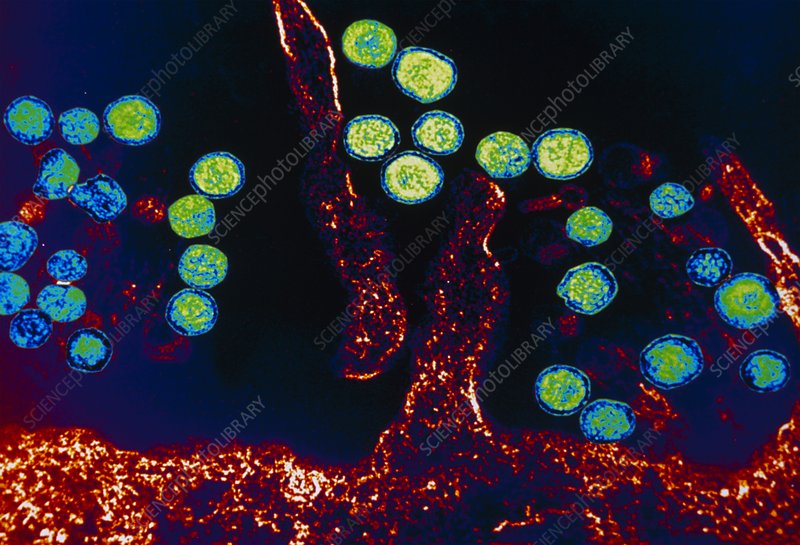I will discuss in this blog about the Hantan virus; I know you are not familiar with this Hantan virus. However, I want you to know this Hantavirus because viruses have been happening in the United States.

The newspaper was reported about Hantavirus on the rise in San Diego County eight years ago. According to the San Diego Department of Environment and Health, the number of mice infected with the Hantavirus increased, and six infected rats were found last week, and total OF38 infected mice were identified in 2011.
Hantavirus was first identified in Canada in 1994. Since 1989, Canada confirmed 109 Hantavirus cases and 27 deaths as of 2015.
Hantavirus will cause Hantavirus Pulmonary Syndrome (HPS), which is a rare disease that is caused by mice. Inhaling Hantavirus will cause HPS, and this occurs when rodent urine and feces containing the Hantavirus scattered in the air.
The symptom of HPS are, at first, showing fever, severe muscle aches, and fatigue, and after a few days, people who infected will have a hard time breathing, Sometimes they will have headaches, dizziness, chill, nausea, vomiting, diarrhea, and stomach pain.
There is no specific treatment, cure, or vaccine of Hantavirus infection, according to the Centers for Disease Control and Prevention. However, the virus does not remain active for long. Once viruses are releasing outside of the environment, they live only less than one week outdoors and only a few hours once exposed to direct sunlight.
But only some kinds of mice and rats can give people Hantaviruses such as the deer mouse, the white-footed mouse, the rice rat, and the cotton rat. On the other hand, house mice, roof rats, and Norway rats have never known to provide people HPS.

Then now, I discuss how fucoidan works on Hantavirus. According to Makarenkova ID et al., as the study of fucoidan on the adsorption of Hantavirus, the mechanism of the fucoidan effect is associated with ligand-receptor interaction with the cell membrane receptors and via blockage of Hantavirus glycoproteins (G1 and G2), so resulting in adsorption inhibition and preventing viral penetration into the macrophages.
